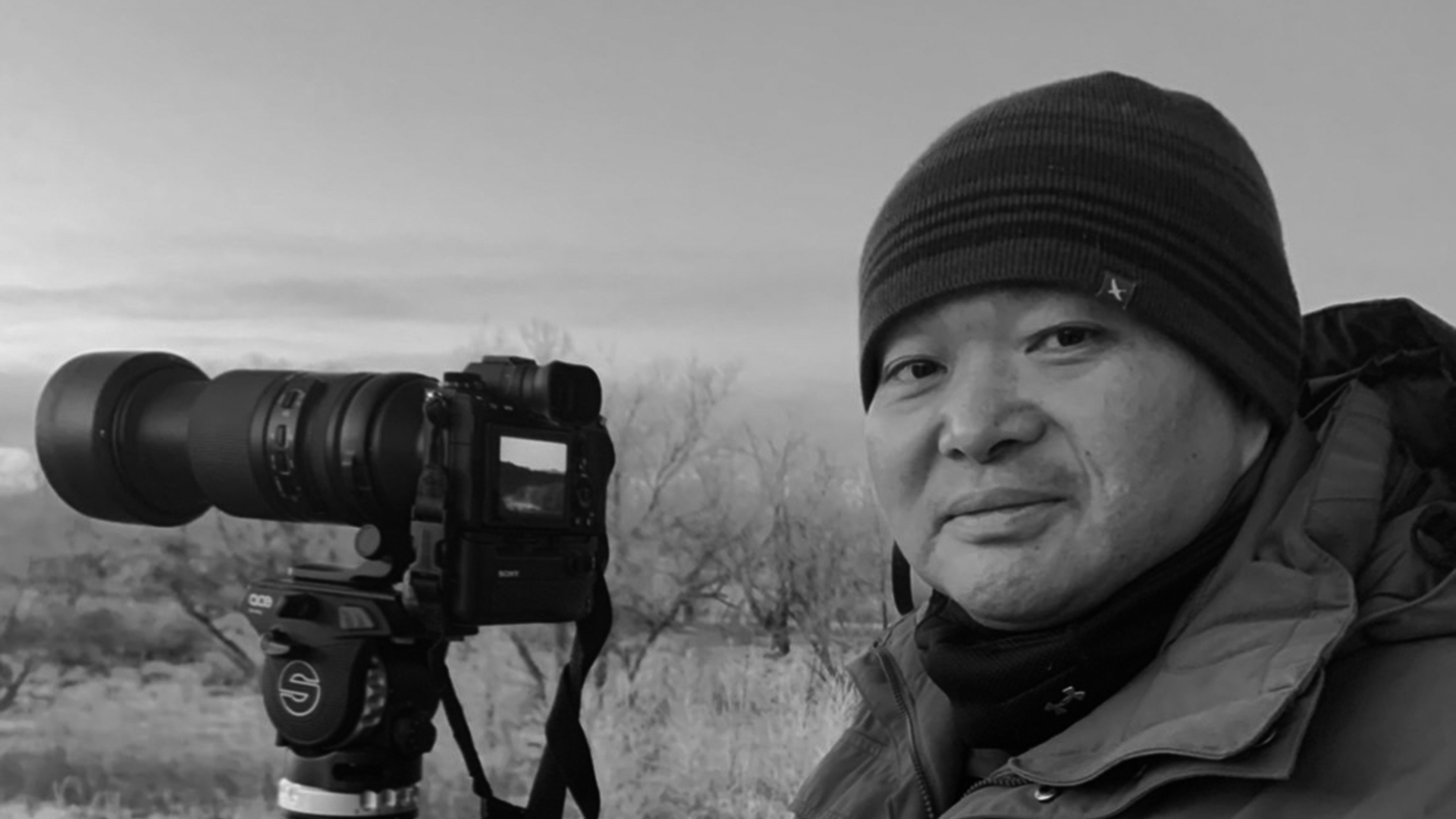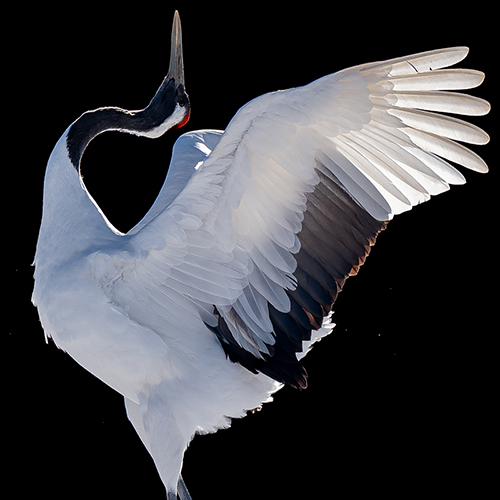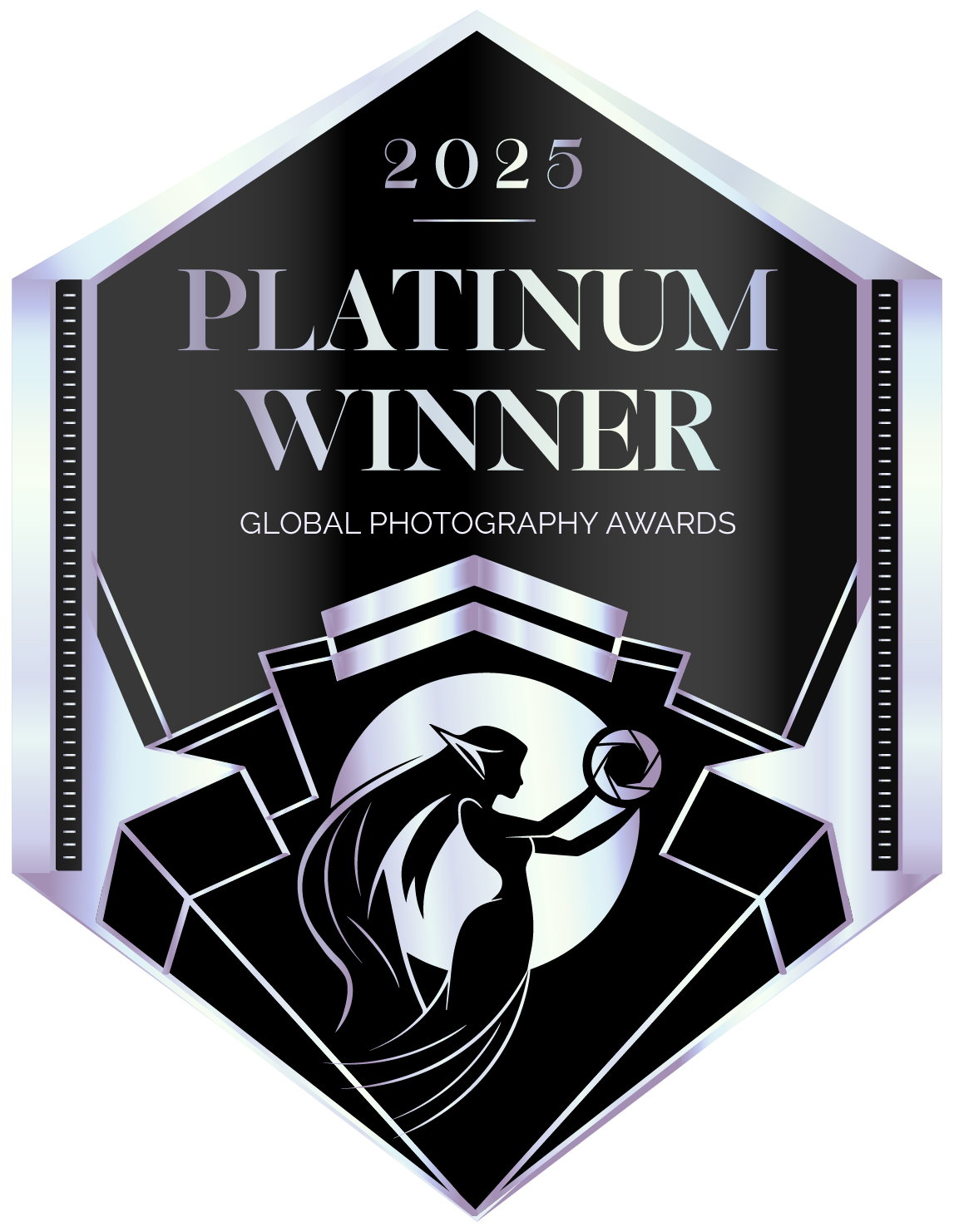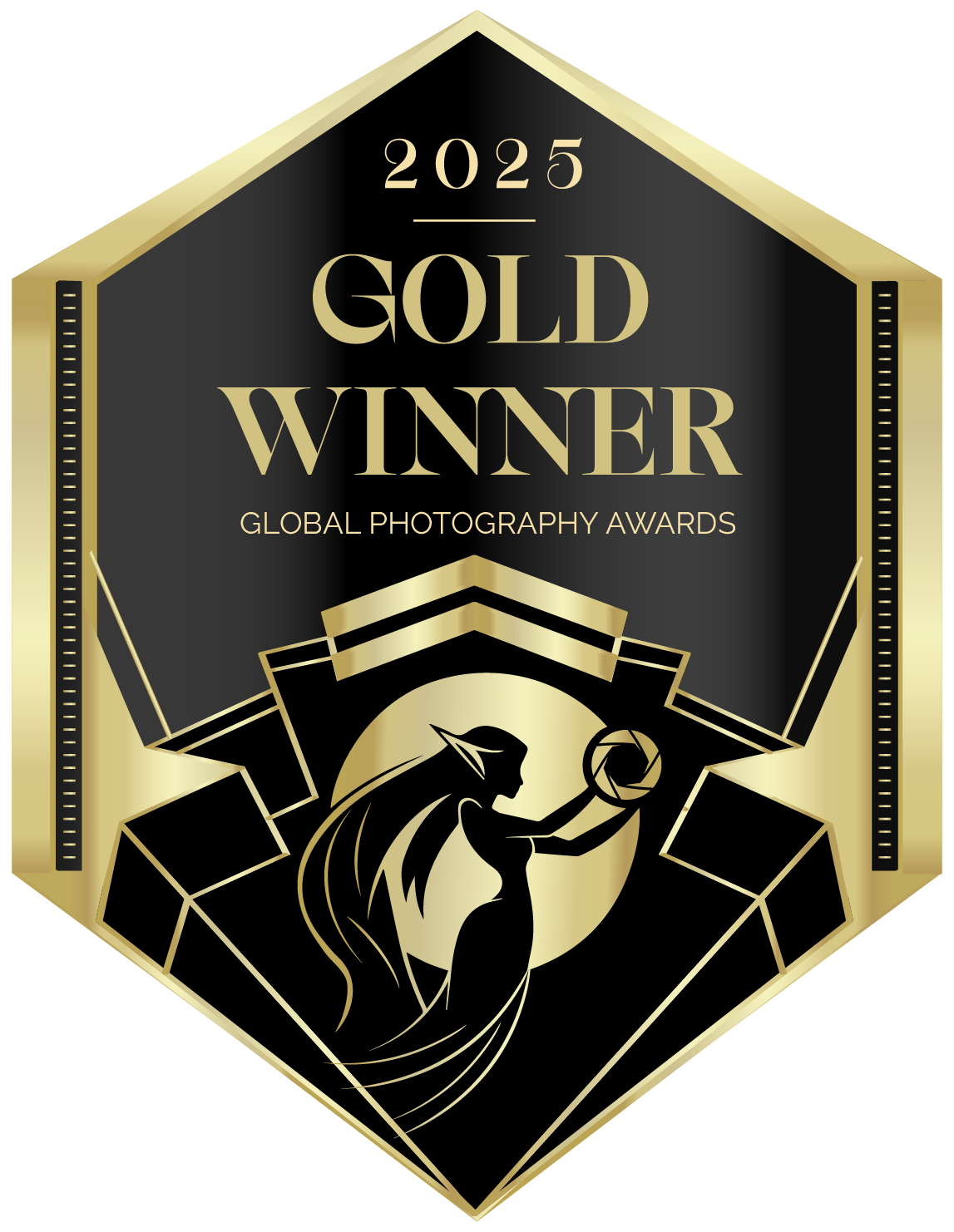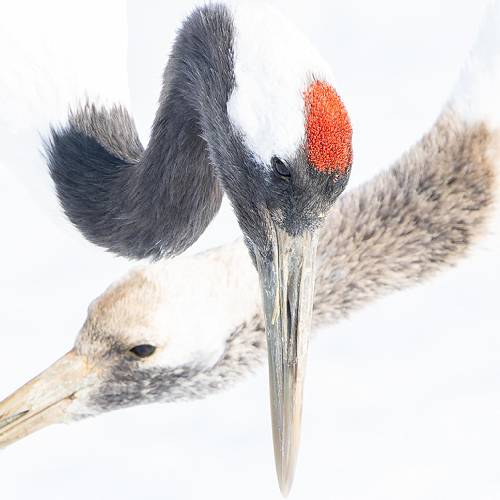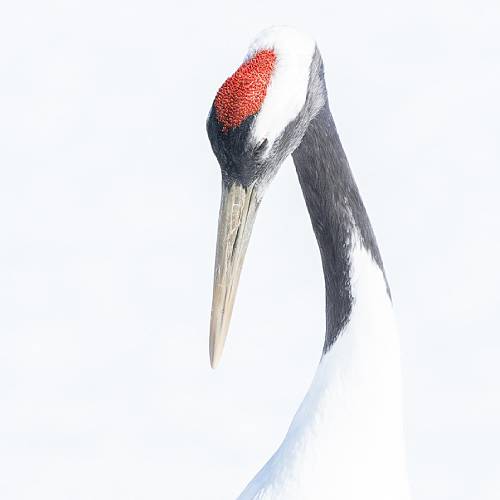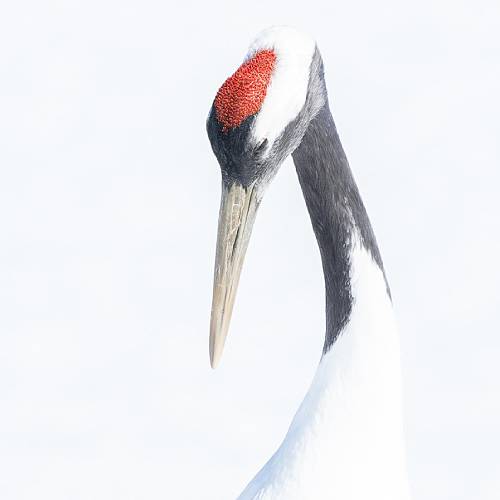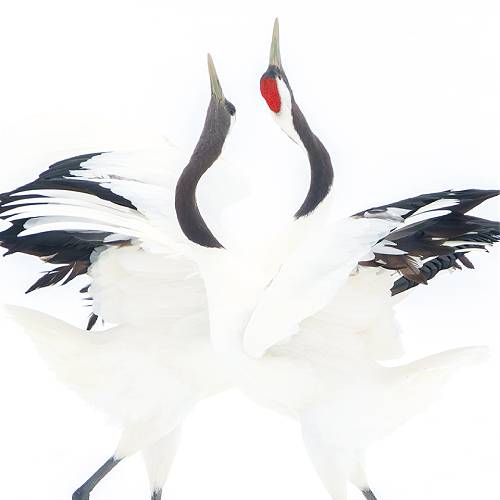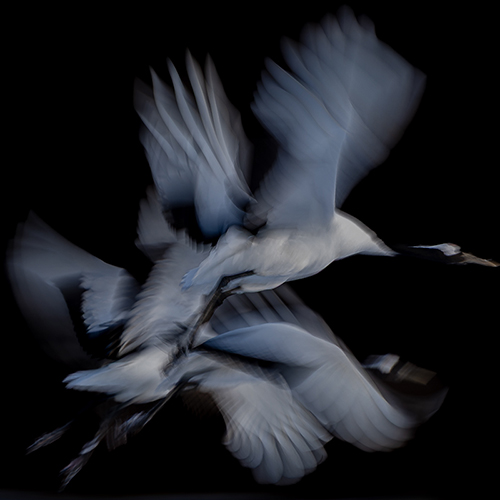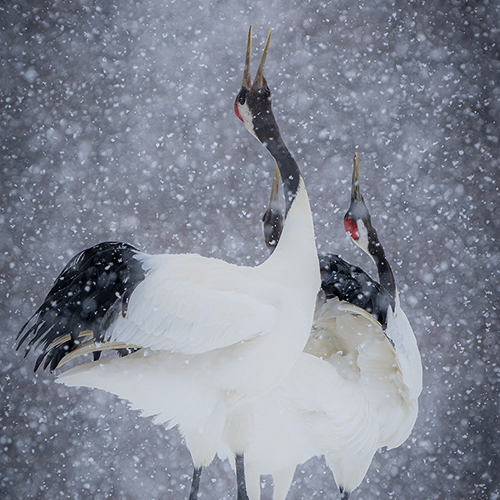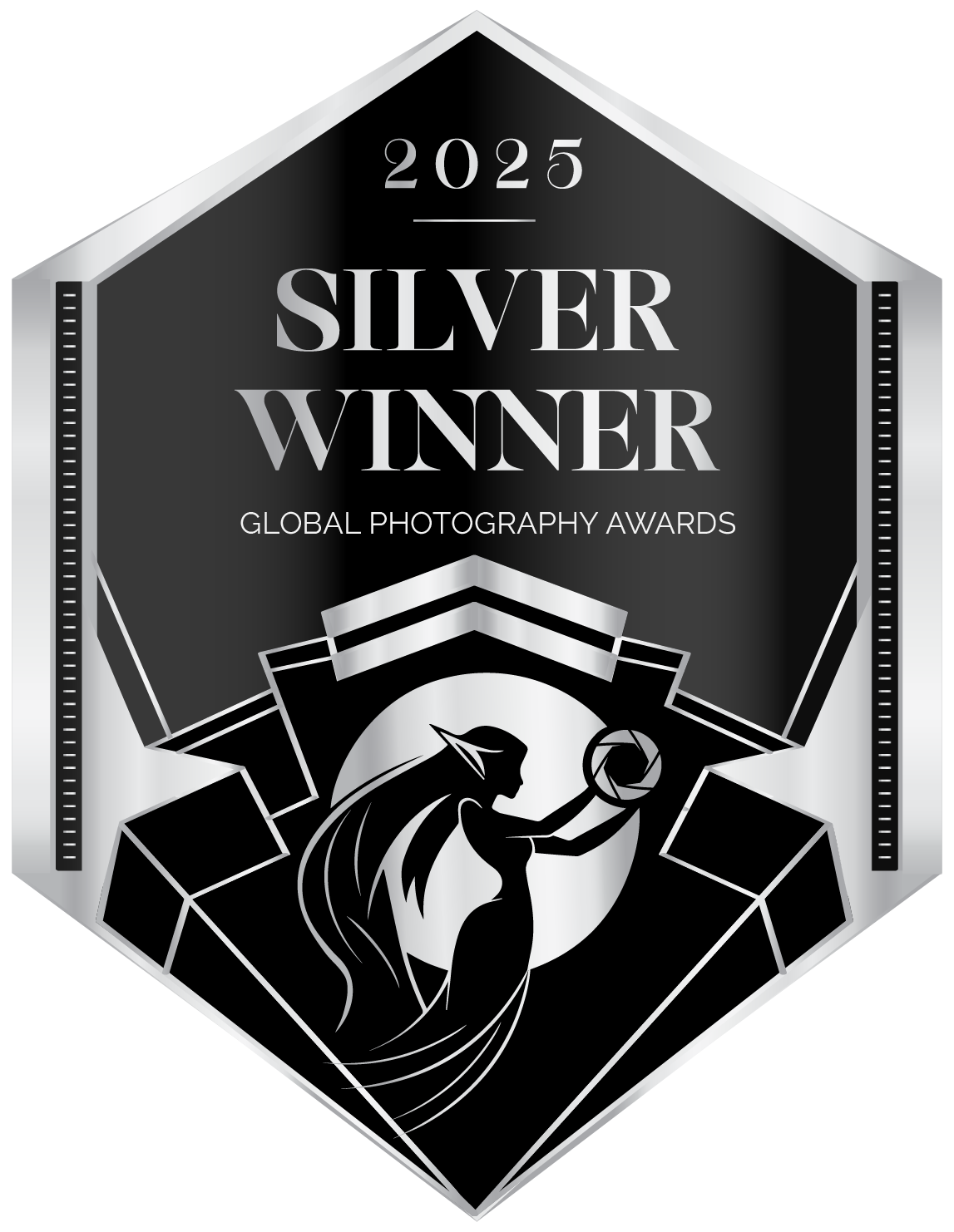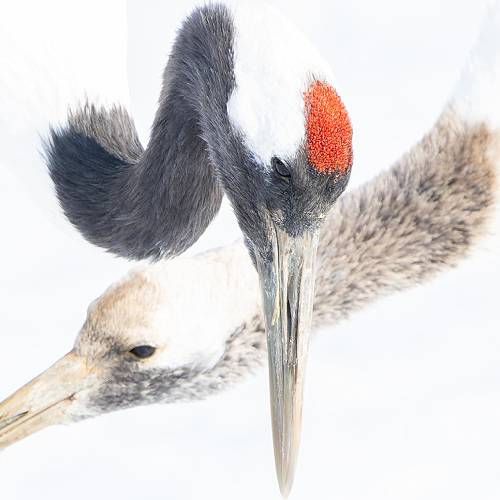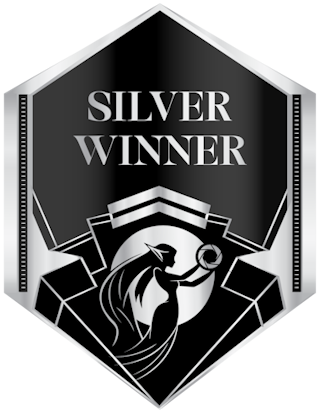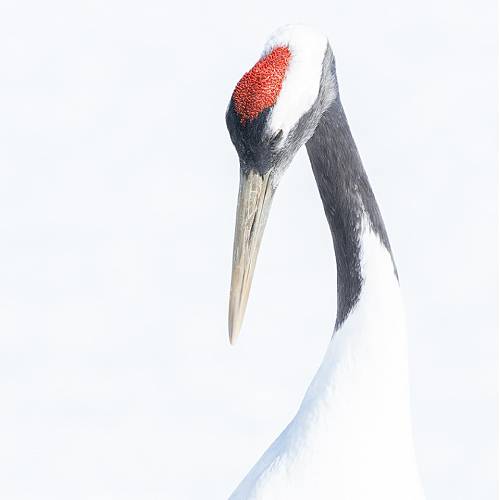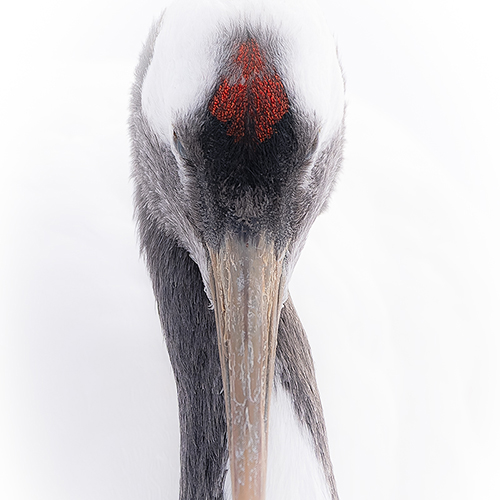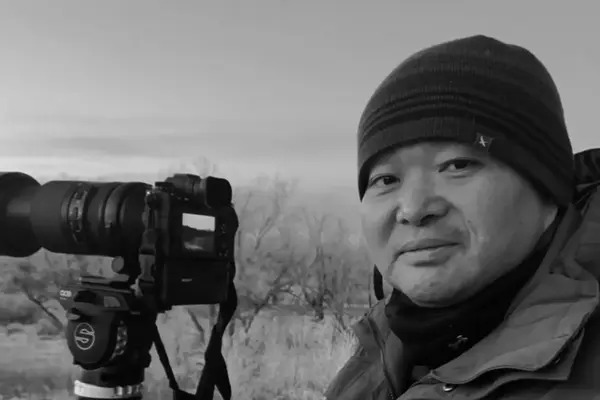
Hiroto Fukuda
1. Can you introduce yourself and talk about how you got into photography?
I am Hiroto Fukuda, a nature and wild bird photographer. I have been photographing nature and wild birds as my main subjects for over 20 years with Japan as my field. I have worked with Canon, Tamron, Nikkei National Geographic, Wild Bird Society of Japan, and others. The reason I started photography was when I became ill. The doctor told me to exercise, even if it was just a walk, and I started taking pictures while walking. Then I happened to see kingfishers and thus, started photographing wild birds.
2. Where did you study photography?
I studied at the Tokyo School of Photography in Shibuya, Tokyo, Japan.
3. Do you remember your first shot? What was it?
The first time I took my first shot was most likely a photograph of the sunsets with my father's film camera. As for bird photography, kingfishers were my first photographed subject.
4. What equipment do you use?
Canon and Sony cameras. Currently, my main equipment is a Sony camera and a 200-600mm lens.
5. What do you hope to achieve?
There are many things I would like to accomplish in my limited life: 1. To publish a photo book of cranes. 2. To publish a book of my past works. 3. To have my work used by Apple, a company I have admired and loved for a long time. 4. To become a representative photographer in Japan. And one day, I would like to have a kidney transplant to cure my illness and be able to shoot freely again. My late mother wanted to be a photographer, but she gave it up due to family reasons. I was able to connect with my mother's dream and become a photographer. My mother was very happy. I am grateful for that fact and want to be a photographer until the end of my life. Although there are many things I want to accomplish and many wishes, my greatest wish is that the photographs I take will have some positive impact on the world.
6. What compliment inspired/touched you the most?
The words of all the people who have seen my work are important to me. Compliments are of course nice to hear, but harsh words also serve as inspiration for the next piece.
7. What inspires your unique storytelling?
Stories and inspiration come naturally to me from my subjects. When I take pictures, I try not to think about difficult things. I release the shutter with all my heart, appreciating the miraculous moment in front of me as it naturally is. I try to capture the natural state of the subject without putting them under stress or forcing them to get too close to the camera. This is the most natural and important way for me to take photographs. My works are created by following this method.
8. What THREE (3) words describe your photography style?
Timing, a moment, and waiting for an opportunity.
9. Congratulations! As the winner of the Global Photography Awards, what does it mean for you and your team to receive this distinction?
I am very happy and very honored. It will give me energy for my future activities as a photographer. Actually, I have been suffering from kidney disease of unknown cause for the past four years and have been undergoing artificial dialysis. The award-winning photos were all taken after I became ill, so it has given me the courage to continue being a photographer while battling my illness.
10. Can you explain a bit about the winning work you entered into the 2024 Global Photography Awards, and why you chose to enter this project?
I have been photographing cranes for about 10 years. I wanted to share the beauty of the red-crowned crane with the world. As I became more confident in my work, I decided to enter a contest and present my work.
11. How has winning an award developed your career?
I think my career has moved up one stage. I look forward to expanding my career as a photographer internationally.
12. Name 1-3 photographers who have inspired you.
Ken Domon, Mitsuaki Iwago, and Yoshiteru Eguchi.
13. What was the best piece of advice you were given starting out, by a mentor or your role model?
It was a will from my father who died of cancer. Just before he died on his sickbed, he said to me, "Don't regret it." It was just a short phrase, but it pushed me to quit my job and become a photographer. I chose to become a photographer so that I would not regret my life.
14. What advice would you give someone who would like to become a photographer today?
Anyway, get out in the field and shoot. It is important to observe the ecology and activities of wild animals. It is also important to wait for a miraculous moment without getting too close so as not to stress your subject. If you do this, the subject will often give you the chance.
15. What is your key to success? Any parting words of wisdom?
Keep shooting steadily and do not give up until you succeed. When you are tired, take a proper rest and take good care of your body and health. Enjoy shooting without forgetting to show gratitude to your subjects.
16. How do you stay in that space of being receptive to new information and knowledge?
Nowadays, the Internet is full of beautiful photos and videos, so I think it is important to appreciate not only photos, but also movies and various other visual works. It is also a good idea to visit a photo exhibition and ask the photographer about episodes in his or her photography. You may be able to find hints for your photography in the conversation.
17. Which THREE (3) friends/peers would you nominate to participate in the next Global Photography Awards?
18. Which THREE (3) peers, within the photography industry, would you nominate to be a judge in the next Global Photography Awards? (You may include yourself within, and please include the email addresses)
19. Anything else you would like to add to the interview?
Thank you for the award. I have been suffering from kidney disease of unknown cause for about four years now and have had to undergo artificial dialysis, which has crippled me. I am still doing my best to continue as a photographer, but I want to tell everyone that health is really important. A photographer's body is his or her capital, so it is important to take good care of it. It is also important to rest when you are tired. Photography is important, but please take care of yourself without overexerting yourself. I wish everyone happiness.
